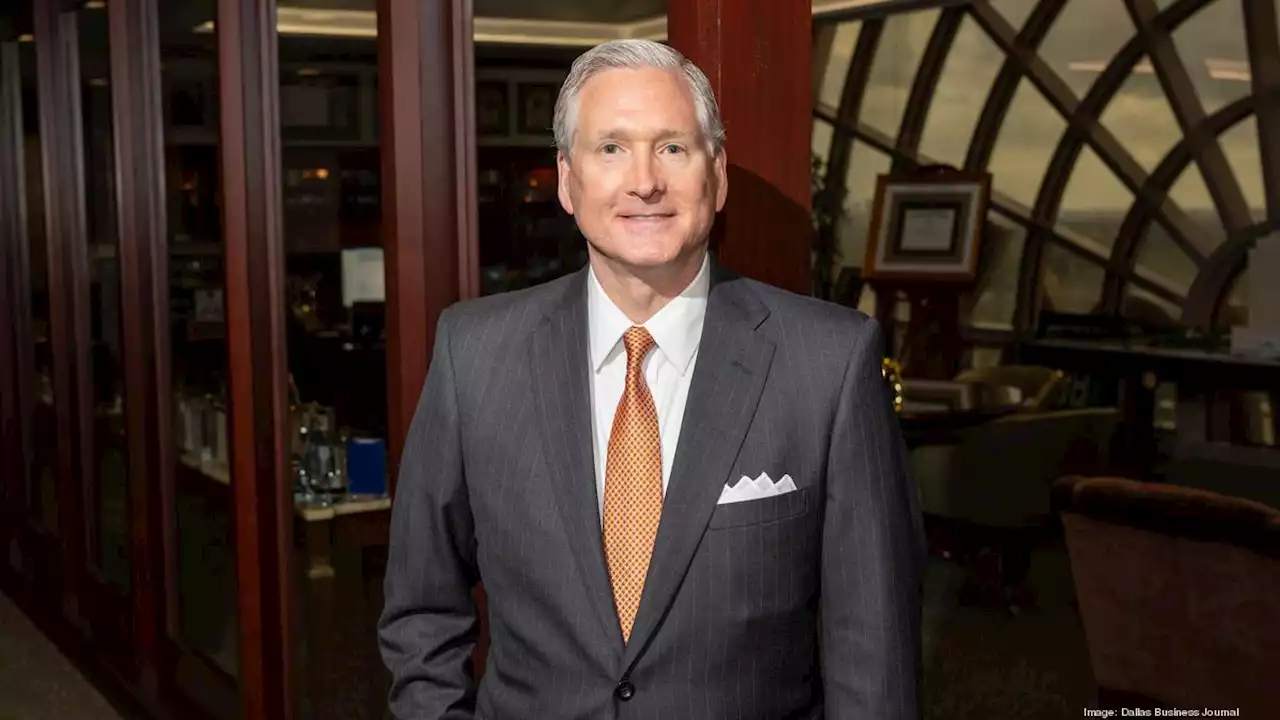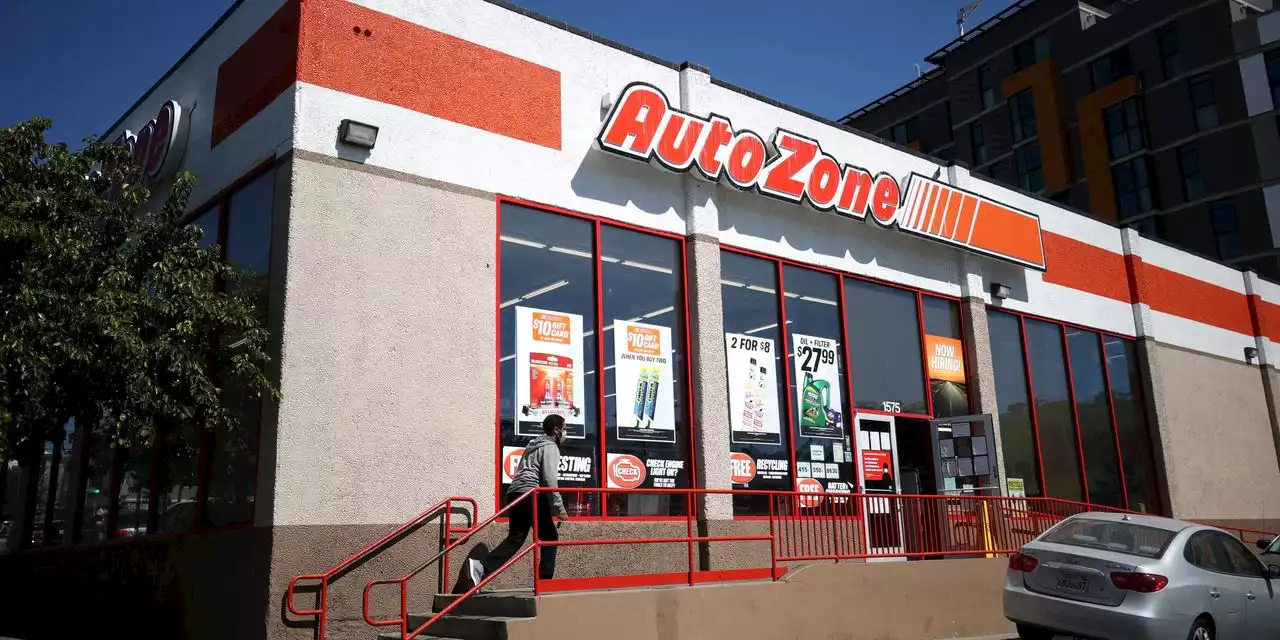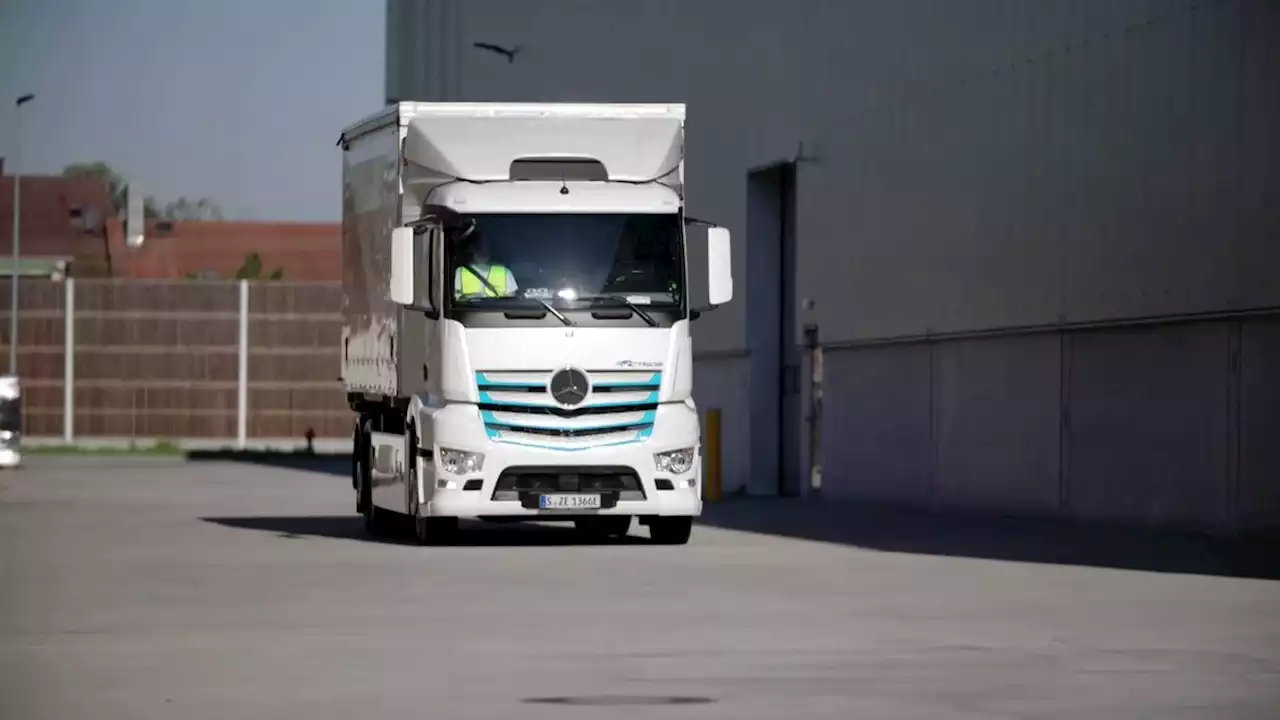Can software simplify the supply chain? Ryan Petersen thinks so. Hear more on this week’s DecoderPod.
that called us Uber for ocean freight and it’s the model that you just said. I think it confused people for many, many years about what we do, so I want to be careful. Today, there are only 11 or so ocean carriers. These are the people that own container ships that represent 95 percent of global trade on containerized freight. We have contracts and partnerships with all of them. We have integrations to get rates and service schedules in order to book freight with them.
We don’t have everybody. Honestly, if I had known everything then that I know now, I wouldn’t have done it. It would have sounded impossible, as in, “You could never pull this off!” There is a naïve, yet helpful optimism for a new founder charging into an industry they don’t know much about. You can say, “I’m going to solve all these problems,” and actually do more than you think you can.
We don’t ship oil, even to this day, so Saudi Aramco is not a customer — but the possibility is all there. It’s like, “Okay, now we just have to learn how to do the business.” That was in 2009, so it has been the better part of a decade now. That is 13, 14 years of constant iteration and improvement to be able to do the job, and I still don’t think we have it all solved.
We have to have these conversations before we can go to the supply side and say, “Hey, ocean carrier/freight forwarder, if you can get this price then I will bring you the world’s largest company that is interested.” A big company would then come on board and say, “They want this software, they will ship with us, so we just have to get this price.” And the price wasn’t crazy either; it was half of what we were paying at the time. We also had to get people because we had a lot of manual stuff.
I think one of the core lessons of building a platform is you have to look in every direction, and make sure everybody is winning. It’s really hard to do. But that is the definition of winning, right? The definition of success is like, “Everybody wins; nobody has to lose.” It’s a good framework for evaluating if a company is going to succeed at the end of the day.
It’s a big split, right? There is a race to the bottom for half the plane, and then skyrocketing costs at the top of the plane. The airlines will happily tell you, “This is what everybody wants,” because half the people get cheap flights and the other half will pay any number of dollars for a larger seat.
Is that because if you blow it with an airline customer, then you have an angry airline customer? If you blow it with a shipping container, then you just have a shipping container? We do this with software. The simplest example to explain is our trucking software, where we have a dispatcher app. It is a web application that is run by over 140 trucking companies in the United States. Each of them has between 10 and 200 trucks — I think the average is around 100 trucks. These are doing port pickups and airport pickups for us. It is a dispatcher app and their drivers get a mobile app. If they want, they can also get a hardware device that plugs into the truck.
How many people does Flexport have? Are you scaling up when you have people that you need to make phone calls then scaling down again? How does that work? We do. It’s an area for us to make some big strategic decisions. I would really like to see us invest and go big there, to start adding more services for these truckers. What do we need to help them run a good business? The group that builds that software should only think about the truckers to make amazing stuff. Maybe it’s cheaper trucking insurance or financing.
This is a different kind of decision, so I am not sure I have a generic framework. I wasn’t planning to make this decision. In fact, I love being the CEO of Flexport. I think I’m pretty good at it, since I got us this far. There are some things I’m not that good at that I think directly align with what we need to do over the next decade to become one of the most important companies in the world. They are not my strong suit.
It was just opportunistic. I was starting to look for a COO who could be my right hand to do that stuff. I caught a whale when I found out Clark would be interested. I looked at the org and was like, “What should I own versus Dave?” I couldn’t really find anything. I thought I would be a lot better off with him there, so I decided to step up to exec chairman and be his business partner rather than his boss.
Yes, but he has teams that are serving each of those functions. They are paired up to make sure that we deliver tools for the customer and for the supply side. For a lot of the supply side, it’s like what I mentioned with the trucking software. We have warehouse software, and a lot of it is integrations into other IT systems. There is a whole team that does integrations and an ecosystem team that connects our APIs with the rest of the world. Then operations builds software for the operators.
Do you sell a clearance time? Are you like, “Look, we guarantee that our team will knock out this customs compliance in 48 hours”? I want to talk about ships, and I definitely want to talk about the Port of Long Beach. The last question is the org stuff. Dave is going to come in as the new CEO. If he’s like, “This org chart is dumb, I’m blowing it up,” are you going to let him, as the founder and now the executive chairman?
United States Latest News, United States Headlines
Similar News:You can also read news stories similar to this one that we have collected from other news sources.
 Ryan continues M&A streak by acquiring tax product lines from Thomson Reuters - Dallas Business JournalThe acquisitions make Ryan the largest property tax software provider in North America.
Ryan continues M&A streak by acquiring tax product lines from Thomson Reuters - Dallas Business JournalThe acquisitions make Ryan the largest property tax software provider in North America.
Read more »
 AutoZone Posts Higher Sales Amid Strong Demand for Car RepairsAutoZone reported higher sales in its recently ended quarter, as return-to-office mandates pushed Americans to use their cars more and helped fuel demand for repairs
AutoZone Posts Higher Sales Amid Strong Demand for Car RepairsAutoZone reported higher sales in its recently ended quarter, as return-to-office mandates pushed Americans to use their cars more and helped fuel demand for repairs
Read more »
 Daimler Truck CEO says output could have been higher by 'five-digit figure' without supply chain problemsDaimler Truck's deliveries could have been higher by a 'five-digit figure' in 2021 and 2022 if it had not faced supply chain problems, its chief executive Martin Daum told Reuters.
Daimler Truck CEO says output could have been higher by 'five-digit figure' without supply chain problemsDaimler Truck's deliveries could have been higher by a 'five-digit figure' in 2021 and 2022 if it had not faced supply chain problems, its chief executive Martin Daum told Reuters.
Read more »
 How the Adderall shortage could impact ADHD patientsPatients who are prescribed Adderall could have trouble filling their prescriptions as pharmaceutical companies face supply chain disruptions.
How the Adderall shortage could impact ADHD patientsPatients who are prescribed Adderall could have trouble filling their prescriptions as pharmaceutical companies face supply chain disruptions.
Read more »
 Ford warns investors of an extra $1 billion in supply chain costs during the third quarterFord warned investors that the company expects to incur $1 billion more in costs than previously expected during the third quarter due to supply chain issues
Ford warns investors of an extra $1 billion in supply chain costs during the third quarterFord warned investors that the company expects to incur $1 billion more in costs than previously expected during the third quarter due to supply chain issues
Read more »
